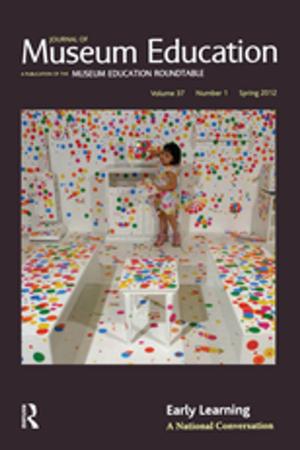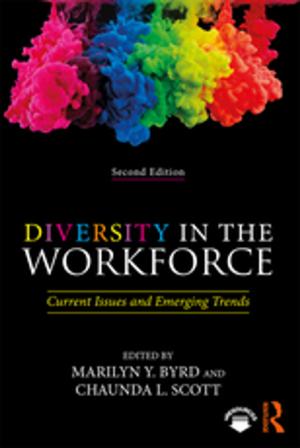The Personal and the Professional in Aid Work
Nonfiction, Social & Cultural Studies, Political Science| Author: | ISBN: | 9781134909186 | |
| Publisher: | Taylor and Francis | Publication: | March 16, 2016 |
| Imprint: | Routledge | Language: | English |
| Author: | |
| ISBN: | 9781134909186 |
| Publisher: | Taylor and Francis |
| Publication: | March 16, 2016 |
| Imprint: | Routledge |
| Language: | English |
This book considers how the personal and the professional dimensions are related, and how they matter for aid work. The contributions to this edited volume are based on the assumption that all actors are relevant in development, including national and international aid workers. A key question which the book explores is why the personal so often remains un-acknowledged in development studies, even though its salience for aid workers is well-documented. One possible reason is an implicit narrative of aid work as altruistic and self-sacrificing, which renders it inappropriate to devote much attention to the experiences of development professionals themselves. In order to redress this, this book critically considers the kind of difference they make, and aims to understand how they respond to the challenges of their work. The book explores their efficacy as human beings and employees with individual subjectivities, social and cultural beliefs and practices, and documents how these shape their involvement in development processes.
This book was published a sa special issue of Third World Quarterly.
This book considers how the personal and the professional dimensions are related, and how they matter for aid work. The contributions to this edited volume are based on the assumption that all actors are relevant in development, including national and international aid workers. A key question which the book explores is why the personal so often remains un-acknowledged in development studies, even though its salience for aid workers is well-documented. One possible reason is an implicit narrative of aid work as altruistic and self-sacrificing, which renders it inappropriate to devote much attention to the experiences of development professionals themselves. In order to redress this, this book critically considers the kind of difference they make, and aims to understand how they respond to the challenges of their work. The book explores their efficacy as human beings and employees with individual subjectivities, social and cultural beliefs and practices, and documents how these shape their involvement in development processes.
This book was published a sa special issue of Third World Quarterly.















